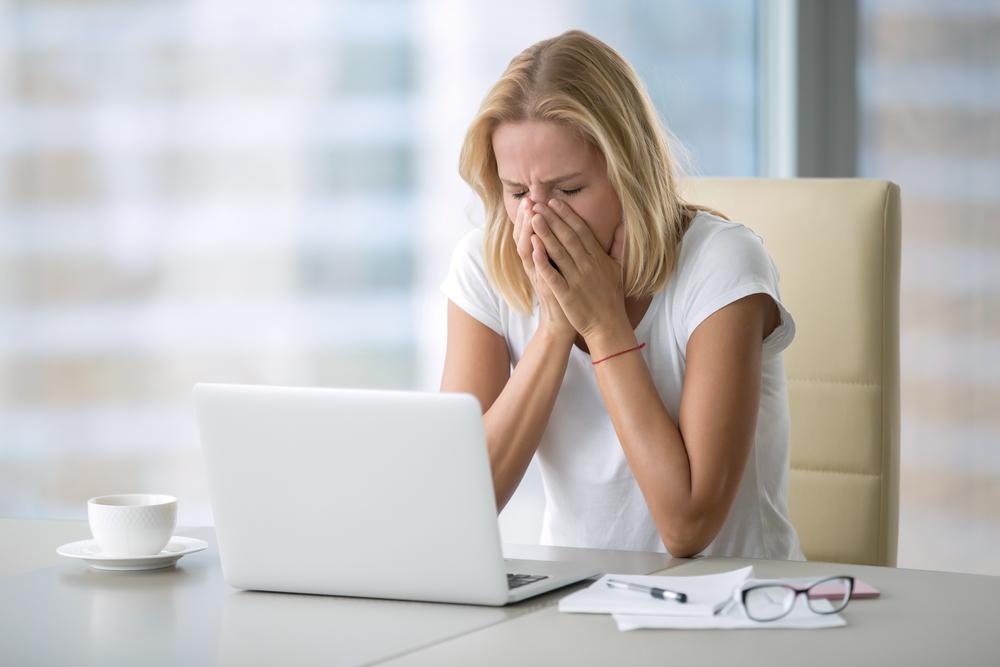The Difference between Panic Attack and Anxiety Attack
A lot of people are not very clear about what panic and anxiety attacks are and often use the terms interchangeably. However, when you talk to an expert, you will be surprised to find that these two are very different conditions. Here is everything you need to know about both these conditions.
What is a panic attack?
Few external triggers or phobias can cause short, sudden and intense fear that can last for less than 30 minutes in most cases. Many times, when you panic, you lose the sense of what is logical. You are gripped with unexplainable terror and feel like that you have lost control.

What is an anxiety attack?
An anxiety attack is mostly because of excessive worrying over a non-existent or a futuristic situation. According to experts, anxiety attacks are chronic and develop over time. The common symptoms include psychological conditions that force you into stress and depression.
Comparing anxiety and panic situations
You are driving your car at night all alone. The dull and constant fear of potential danger of your car breaking down or an accident can be called anxiety. You will not enjoy the drive and be constantly on the lookout.
Panic attack vs anxiety attacks symptoms
Panic attack
- Excessive sweating
- Heart palpitations
- Shortness of breath
- Feeling of choking
- Pain in the heart
- Numbness
- Feeling cold
- Fear of losing control
Anxiety attack
- Fatigue
- Stress
- Feeling irritated
- Restlessness
- Inability to focus
- Increased heart rate
As you can see, most of the panic attack disorder symptoms are physical while anxiety seems to affect the mind more!
Panic attack vs anxiety attack – How to deal with the situation?
Knowing the difference between panic attack and anxiety attack helps cope with the condition faster. Irrespective of whether you are affected by panic or anxiety, there are a lot of treatment options available to help you feel better. It is always advised to meet with a medical practitioner when you are unsure of what is disturbing you.
Here are a few self-remedies you can try out in addition to therapy and medication:
- Take deeper, slower breaths
- Practice relaxation techniques like meditation or aromatherapy
- Get a support group to lean on
- Practice mindfulness

